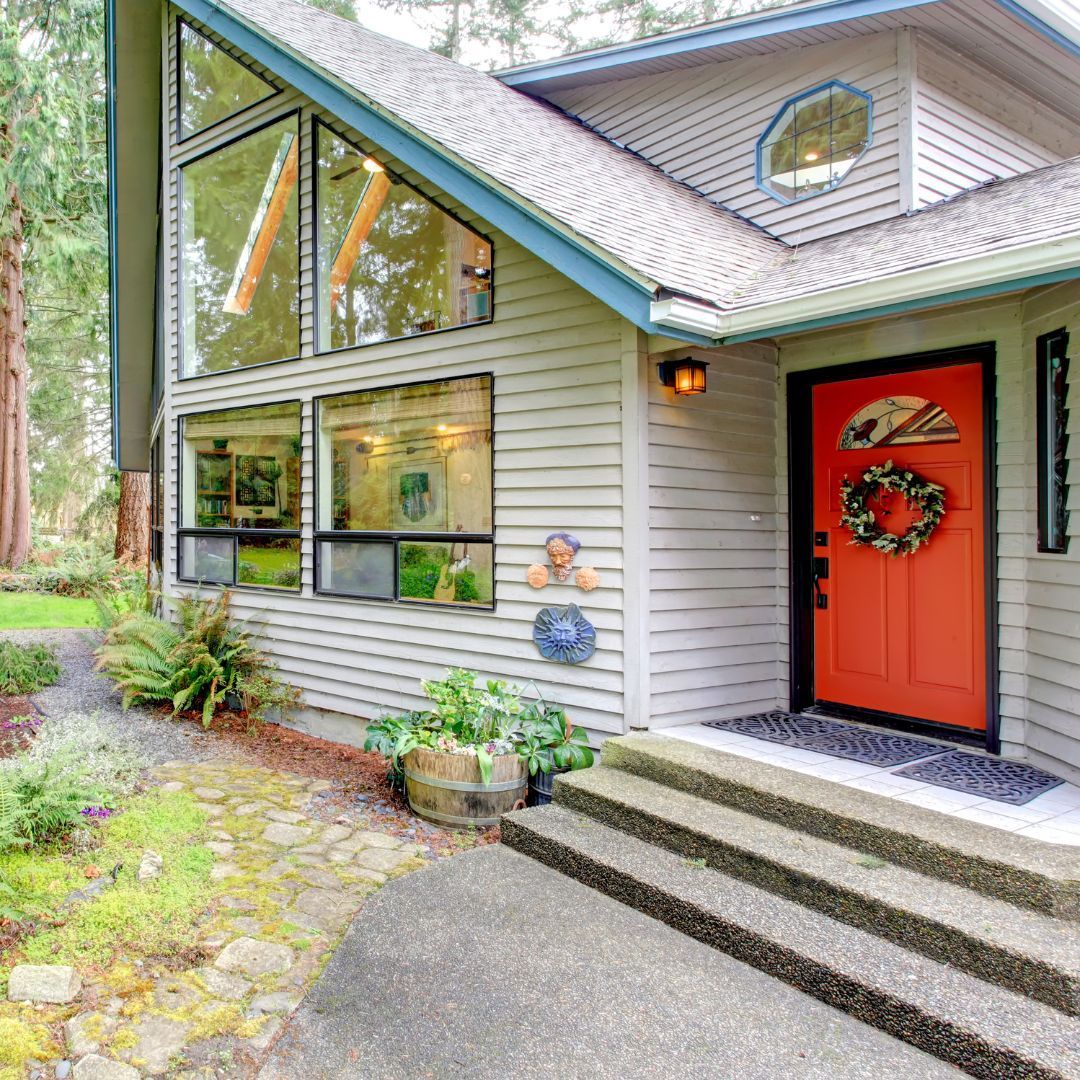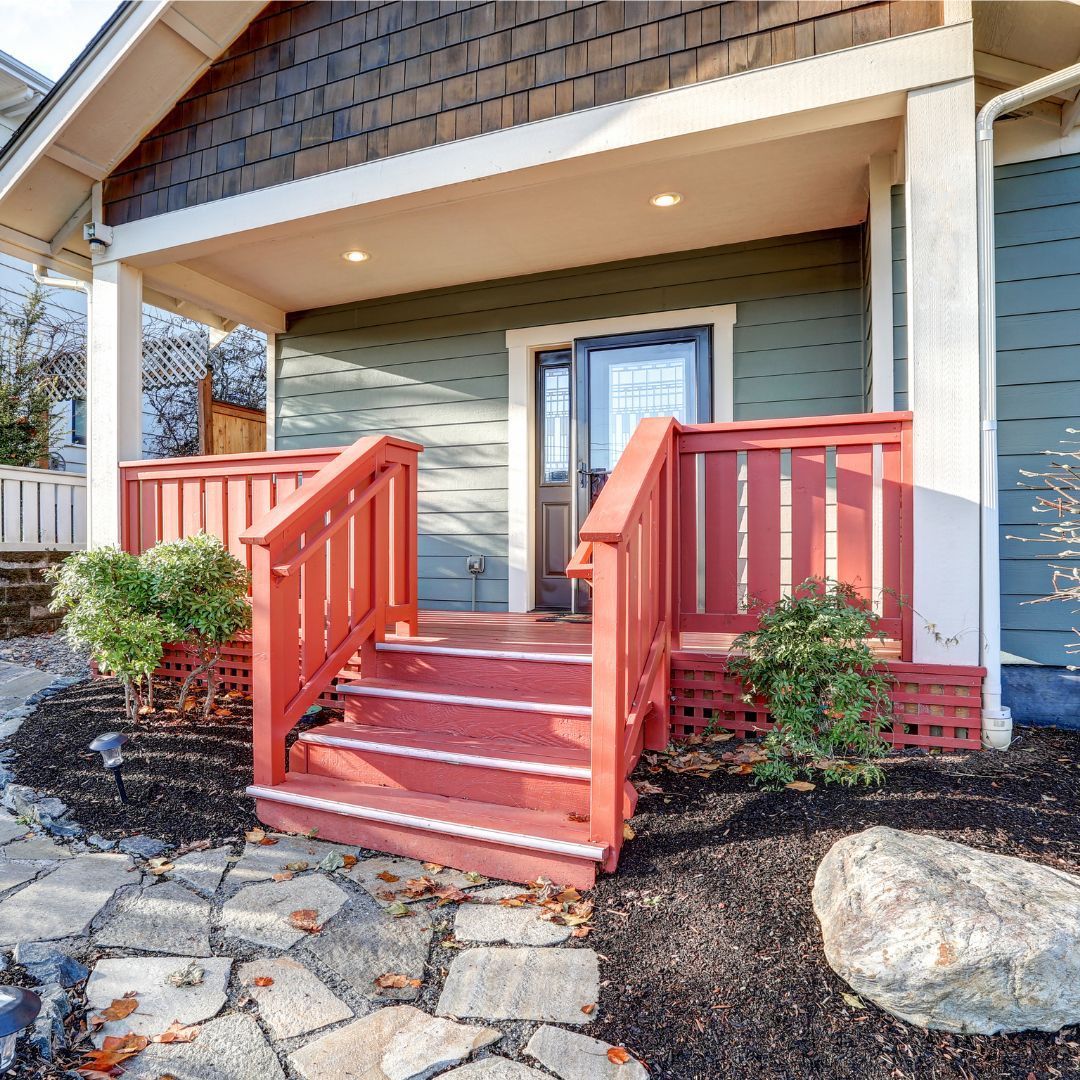Selling Steps 21-22: Likely Occurrences & Safeguarding Your Property

STEP 21
Sellers, this will most likely happen…
- The Buyer will negotiate 2-5 times on this transaction. They will negotiate the purchase price, the inspection, potentially the appraisal, and the final walkthrough.
- You may write a dozen+ offers before getting one accepted.
- You will want to tell your friends and family about your experience on social media sites. Don’t!
- The property might not appraise for what you sell it for.
- The Agent will miss scheduled appointments and not call or show up.
- Appointments will be made and canceled at the last minute.
- Don’t get a promotion, and don’t start a new job.
- Some showings will last about five minutes, and some showings will last 3 hours.
- There will be a day when I call you and say someone wants to see your house, and you are going to ask me when, and I’m going to say, pull your curtains back, they are sitting outside now.
- I am going to call you three minutes before your showings and cancel, sometimes 20 minutes after.
- Agents are going to make appointments at the very LAST minute.
- Agents are going to knock on your door, or even drive by and see you in the yard and ask if they can see your house (if this happens, call me.)
- Expect a lowball offer (at least it is a starting point).
- The Buyers may lose their job, or worse yet quit the mortgage process.
- Whatever happens, we will get through it together!
Questions? Contact us at andi@andidyer(dot)com or 360-734-6479.
STEP 22
Unfortunately, these days it seems scams and rip-off artists are around every corner. As REALTORS® we run across a rental scam almost daily where the scammer has stolen pictures off the internet of a property for rent or sale, sets up their own fake rental on Craigslist using the photos, and tries to lure a trusting tenant to rent and send a deposit the property sight unseen. This happens locally!
So, what can you do as a property owner to protect yourself? Our best advice is to set up a Google Alert on your home or rental property. Google Alerts are simple and free tools to get regular updates about something that interests you, such as your property and your tenants.
As a landlord, you should set up a Google Alert on your property’s address so you can see whenever someone posts something on the internet about your property to make sure it’s a legitimate post. You may also want to set up a Google Alert using the name of your tenant so you can be on top of what your tenant is doing in case he or she gets arrested or in trouble for any illegal activities. We also recommend setting up a Google Alert with your tenant’s telephone number. This could possibly tip you off if your tenant plans to move without providing notice. If they place a “MOVING SALE” advertisement on Craigslist with their telephone number, it should turn up in a google alert notification.
As a homeowner, we also recommend setting up a Google Alert so you can make sure someone doesn’t try to run a rental scam using photos of your property.
It even makes sense for renters to set up a Google Alert on the address where they are living.
(We also recommend parents set up Google Alerts on each of their children using the child’s full legal name, but that’s another story for another day!)
Setting up Google Alerts is simple. Go to http://google.com/alerts (note that you’ll need to have a Google login to use the service). For each Alert, you need to decide the following:
- Search Terms. This can be as simple as entering the property address in quotations. For example: “3537 Orleans Street.” You may also want to set up another alert if there are alternate ways your address may appear, for example including the abbreviation for “Drive” (making the alert active for: “3537 Chicago Dr.”) or including the town (such as: “3537 Orleans Street, Bellingham”). Do this for Road, Rd., Drive, Dr., Way, Avenue, Ave., Court, Ct., etc. Using quotations around the search terms will help filter the results.
- Type of information to search. This tells Google which information to include in its search (Everything, News, Blogs, Web, Video, Groups) Setting this to “everything” will include all types of search results.
- How often the alert should be sent (as it happens, once a day, once a week)?
- How you would like to receive the alerts? Caveat: Google Alerts is not guaranteed to be 100% foolproof or reliable. And since it only sends alerts when new pages enter the top searches means it may not be an exhaustive result for every term. However, it’s a great place to start and helps you cover your bases!
Questions? Contact us at andi@andidyer(dot)com or 360-734-6479.

















